Israeli Prime Minister Benjamin Netanyahu formally nominated President Donald Trump for the 2026 Nobel Peace Prize during a July 7th dinner in the White House Blue Room, handing over a signed letter addressed to the Norwegian Nobel Committee. The two leaders spoke with reporters for roughly 30 minutes before the private meal, framing their recent joint military strikes on Iran and ongoing cease-fire talks in Gaza as “historic opportunities” that justify the nomination. Trump, appearing surprised, thanked Netanyahu and called the gesture “very meaningful.”
Basis for the Nomination
Netanyahu’s letter cites three achievements. First, Trump’s approval of U.S.–Israeli strikes on June 21st that, in the leaders’ words, “obliterated” key Iranian nuclear sites and ended a 12-day war between Israel and Iran; second, the 2020 Abraham Accords, which opened diplomatic relations between Israel and several Arab states; and third, new U.S. mediation efforts aimed at a Gaza cease-fire and a broader regional normalization track. “He is forging peace in one country and one region after the other,” Netanyahu told the press pool. Trump added that his team is “close to a deal on Gaza” and will open nuclear talks with Iran “next week or so,” saying Tehran “took a big drubbing” and now “wants to talk.”
Process and Prospects
Heads of state qualify as nominators under Nobel rules, so Netanyahu’s letter meets the February 1st eligibility deadline for the 2026 prize. The five-member Norwegian committee keeps deliberations secret for 50 years, but nominators may publicize their submissions, as Netanyahu did. Trump has been put forward at least four times before—by U.S. lawmakers in 2018, a Swedish legislator in 2021, and Representative Buddy Carter this past May for brokering the Israel-Iran cease-fire. None advanced to the short list. While the committee rarely comments, members historically weigh whether an initiative reduces armed conflict and creates lasting frameworks. Supporters argue Trump’s pressure on Iran and pursuit of Arab-Israeli normalization fit that standard; critics counter that neither Gaza nor Ukraine has reached a durable settlement, noting that the committee can withdraw consideration if violence resumes.
Domestic and International Reaction
The nomination drew predictable partisan responses. Republican lawmakers said it validates Trump’s claim that forceful deterrence can accelerate diplomacy; Democrats pointed to the unresolved Gaza war and warned the prize could be politicized. Human-rights groups remained cautious, with Amnesty International saying any award should hinge on verifiable civilian-protection gains in Gaza and Iran. Outside Washington, media in Saudi Arabia and the United Arab Emirates highlighted the Abraham Accords, calling the move “logical” if Trump delivers additional normalization deals. Palestinian Authority officials condemned the nomination as “premature” given continued Israeli operations in Rafah. European capitals offered muted comment, noting that Nobel selections are independent of governments, but several diplomats privately questioned whether recent air-strikes, however decisive, align with Alfred Nobel’s criteria for reducing standing armies.
Next Steps and Political Implications
Trump’s campaign team quickly circulated clips of the exchange, underscoring a narrative that his foreign-policy record eclipses that of past U.S. presidents who received the prize. The White House said no lobbying effort will follow, yet aides concede the nomination strengthens talking points as cease-fire talks with Hamas and preliminary nuclear talks with Iran enter a critical phase this month. For Netanyahu, the gesture reinforces alignment with Washington at a time when Israeli domestic support for the Gaza operation is mixed and International Criminal Court arrest warrants loom over senior Israeli officials.
The Nobel committee will acknowledge eligible nominations early next year and prepare a short list by spring 2026. Winners are announced each October and honored in Oslo on December 10th. Whether Netanyahu’s letter gains traction will depend on measurable shifts in Middle-East conflict dynamics over the next twelve months. For now, the nomination is largely symbolic—but it places both leaders under sharper scrutiny to demonstrate that their recent military and diplomatic moves produce the sustained peace that Nobel’s will intended to reward.



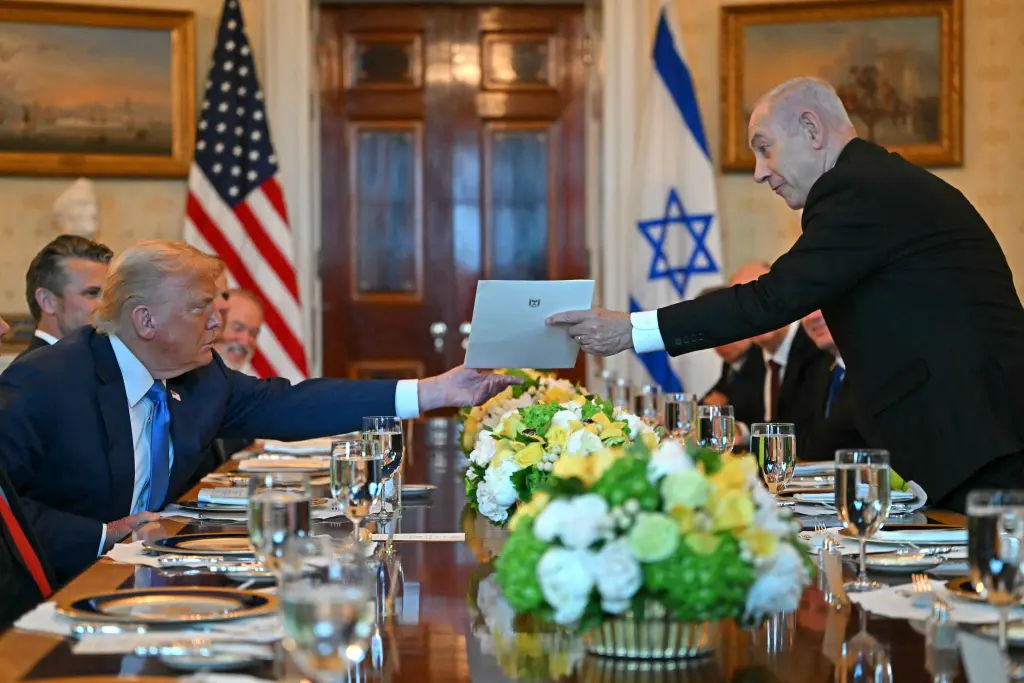
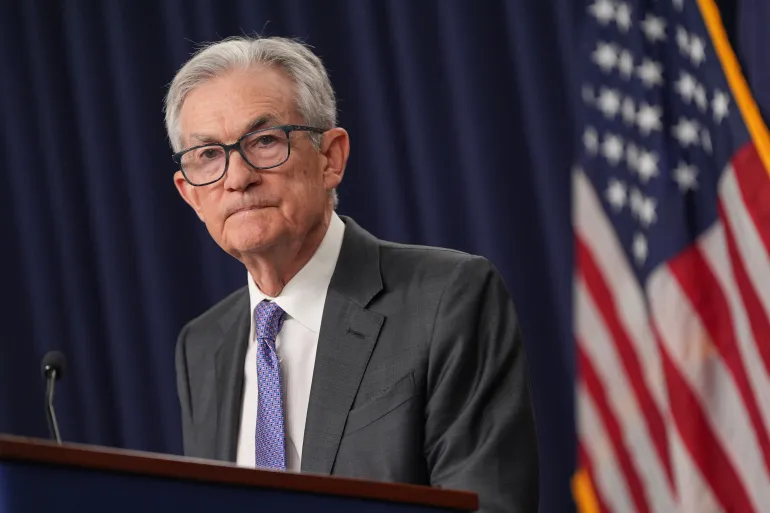
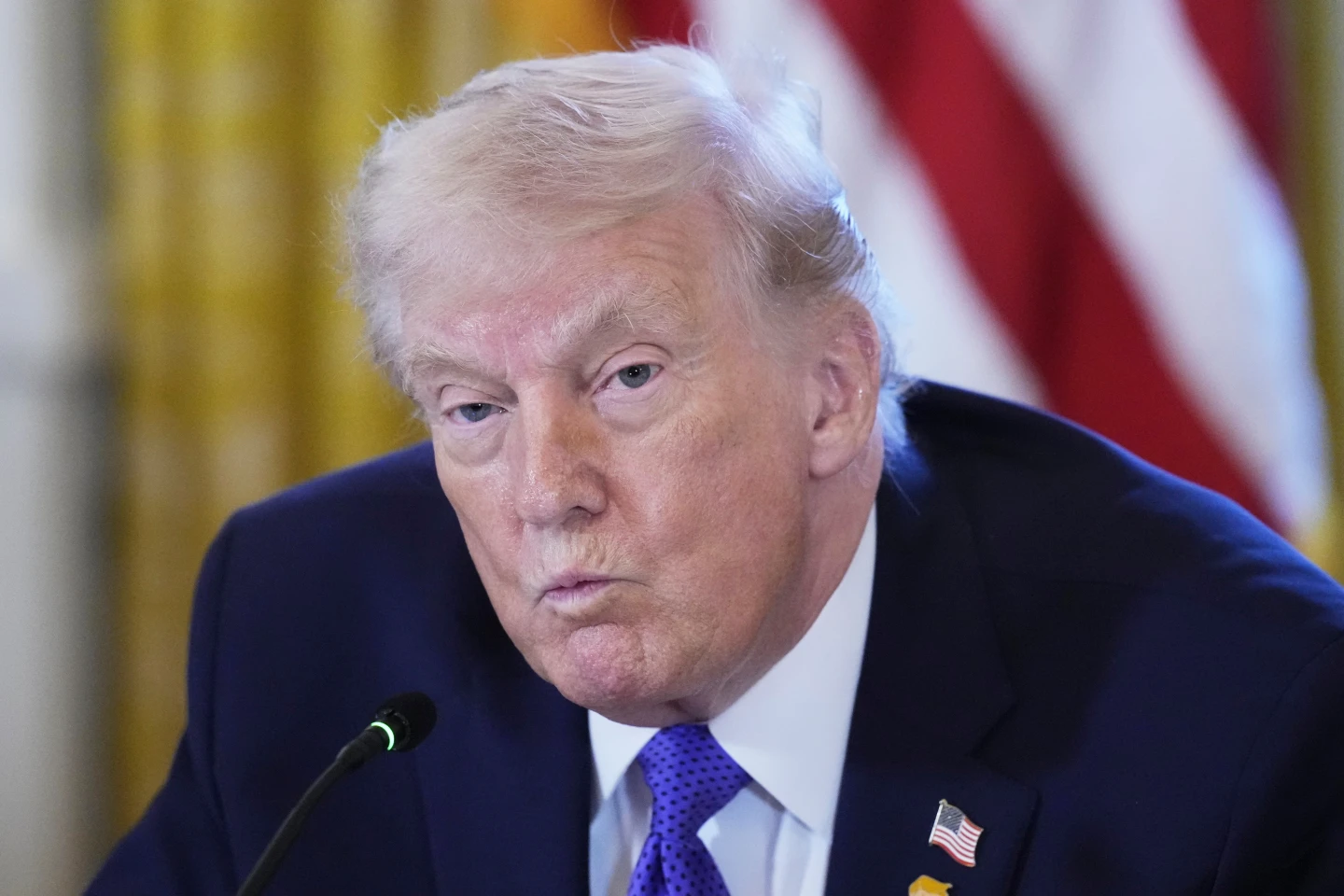
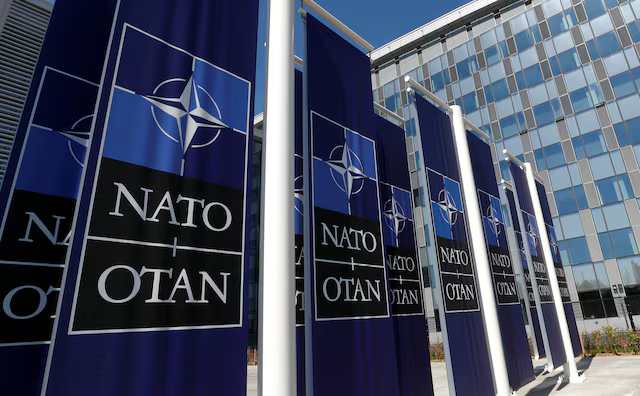
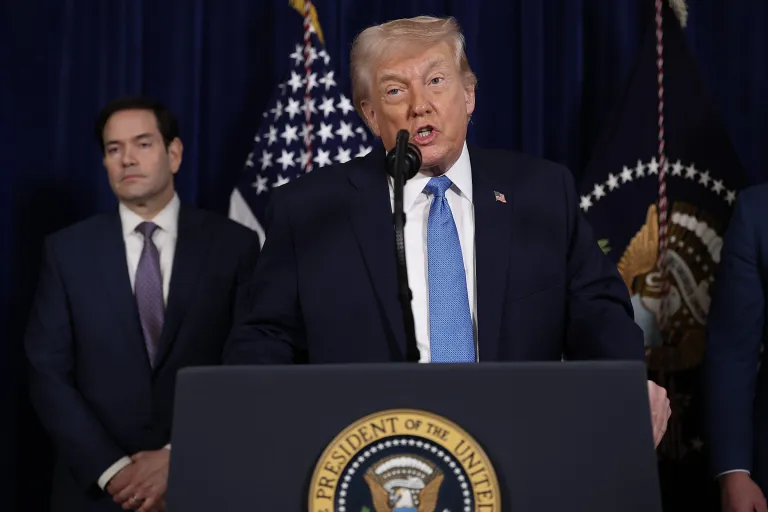
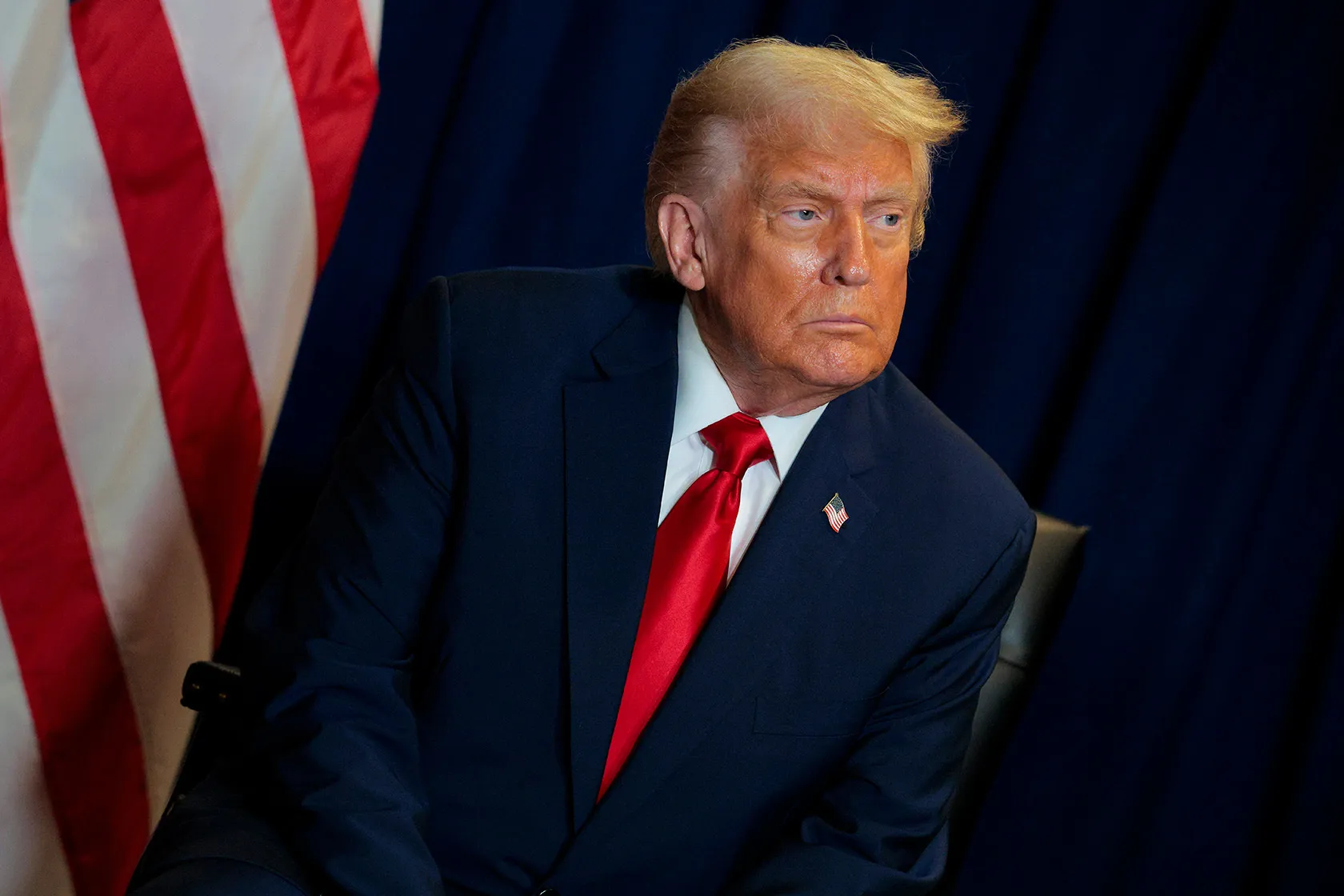
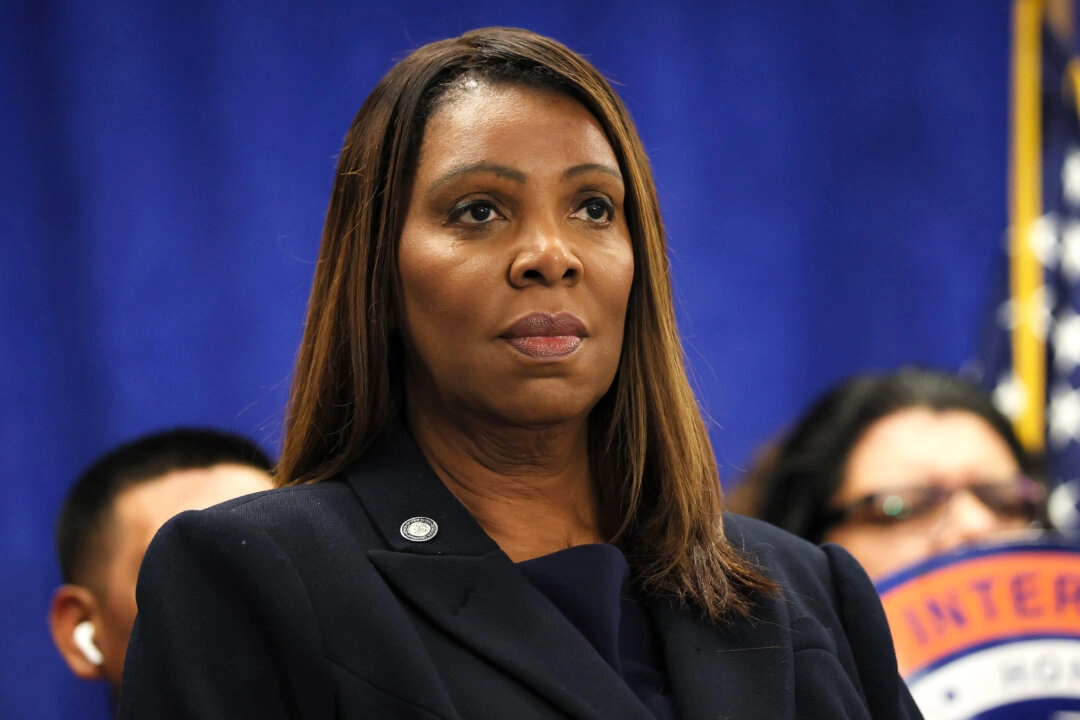
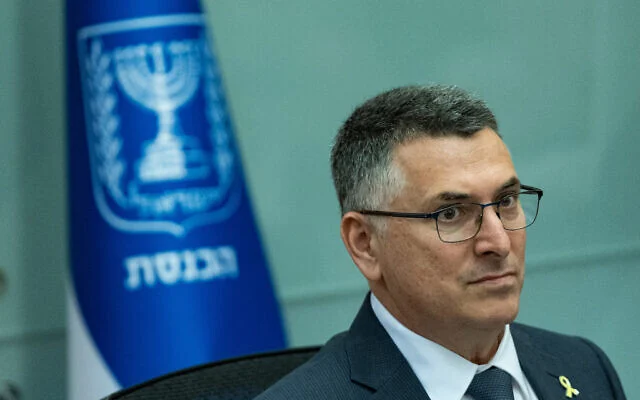
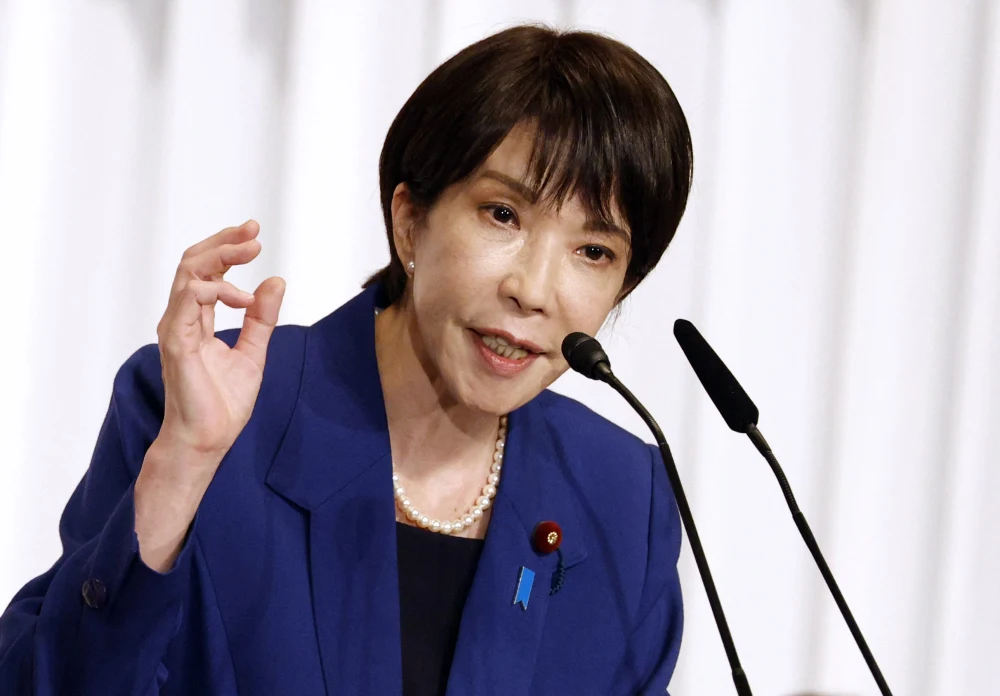
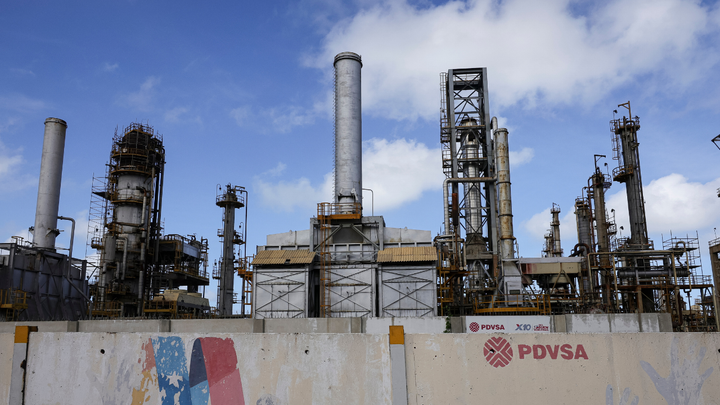
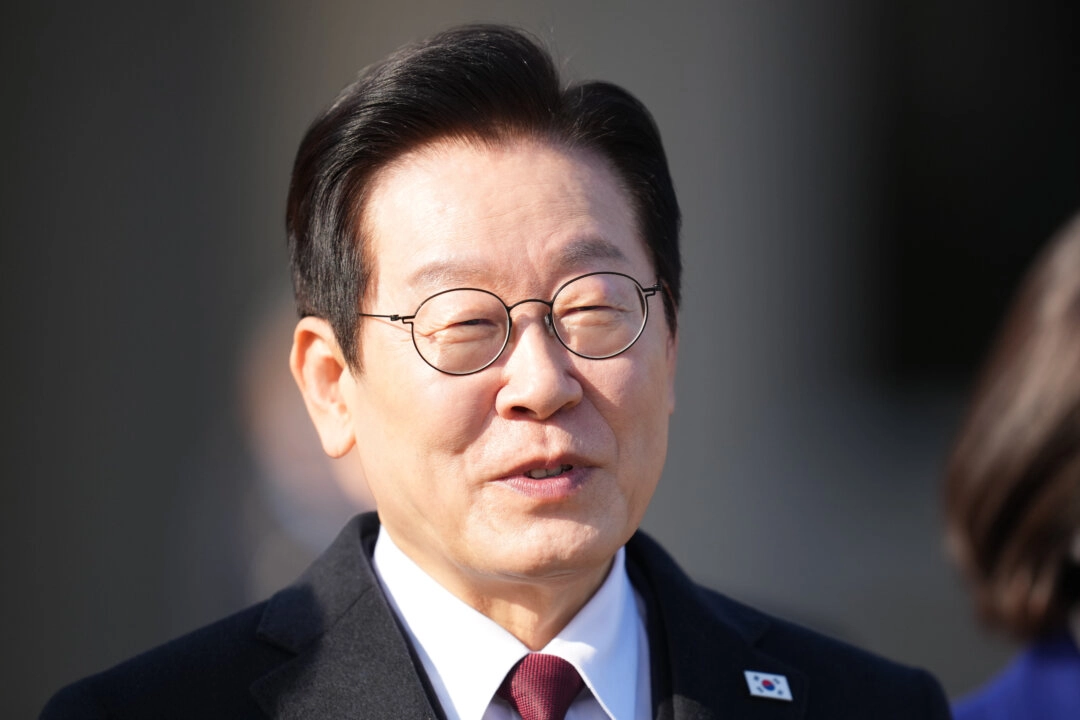
Discussion